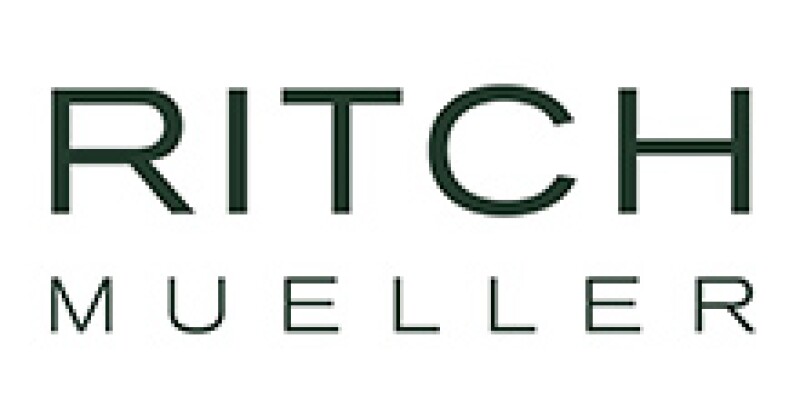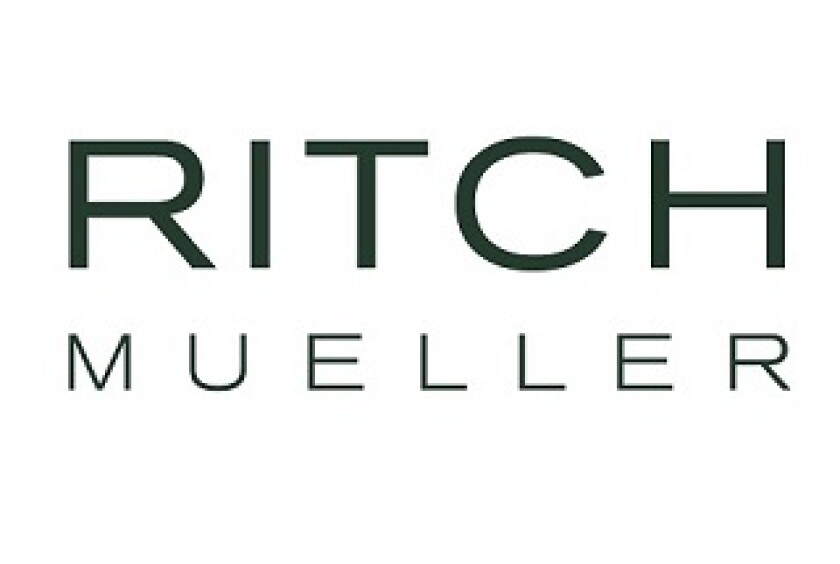
In an effort to promote job creation and expand productive opportunities in some of the regions of the country with the most social disadvantage, the Mexican government launched the first SEZs, which are expected to encourage domestic and foreign investment in those regions and to increase the competitiveness and opportunities of their workforce.
The first SEZs will be located in:
Coatzacoalcos in the state of Veracruz (covering 12,846 hectares);
The port of Chiapas in the state of Chiapas (covering 8,611 hectares); and
The port of Lázaro Cárdenas-La Unión shared by the states of Michoacán and Guerrero (covering 8,483 hectares).
Although more SEZs are expected in the near future, these first SEZs were created favouring the regions where private investment had already been secured. The first sections of these SEZs are expected to begin operations no later than November 30 2018.
Persons setting up in the SEZs will receive various tax incentives, trade facilities, duty-free customs benefits, infrastructure development privileges and easier regulatory processes.
Each SEZ will be developed and operated by a “zone manager”, who undertakes the construction, development, management and maintenance of that zone, including rendering of all associated services to investors in the SEZ (e.g. electricity, water, security, sewerage, telecommunications), for which it has the right to collect a service fee. Zone managers will also be able to charge investors for the leasing of industrial space within the SEZs. Zone managers may be Mexican entities or government-owned companies, which must participate in a tender process in order to be awarded such a title.
Investors interested in setting up in the SEZs must obtain authorisation from the Mexican Ministry of Finance, which will issue guidelines with respect to minimum levels of investment and employment needed to operate in each zone (investors will be required to employ personnel directly and must at least maintain their initial number of employees). Investors may be either Mexican or foreign entities or individuals.
The activities that may be performed by investors within the SEZs (productive economic activities), include, among others, manufacturing, agribusiness, processing, transformation and storage of feedstock and materials, scientific and technological innovation and development, rendering of services to support the productive economic activities such as logistics, financial, informatics and professional services, as well as the introduction of goods for such purposes. It is worth noting that certain oil and gas activities, such as oil refinery and natural gas processing and hydrocarbon storage, transport, distribution and marketing outside of the SEZs, were expressly excluded from the authorised productive economic activities.
The most significant incentives that were granted to persons authorised to operate within the SEZs (i.e. zone managers or investors) include the following:
Full relief from income tax due on income obtained within the SEZs during the first 10 years of operation, and 50% reduction during the 5 years thereafter:
Persons operating within the SEZs will still have to calculate their tax result and comply with all tax relevant formalities, including filing of tax returns, even if no taxes are due on account of this incentive. Tax losses generated during the term of the tax incentive, which have a 10-year statute of limitations, may expire if not properly managed.
A special customs regime was established for the SEZs which allows for the temporary introduction (limited to 60 months) into the SEZs of foreign goods used for productive economic activities, free of foreign trade taxes:
The introduction into the SEZs of machinery and equipment used in the production process of persons operating within the SEZs is not limited to 60 months;
Foreign goods that are temporarily introduced under the SEZs’ customs regime may then be definitively imported or exported, returned to its place of origin or destined to other customs regimes; and
The SEZs’ special customs regime does not grant tax benefits on production and services excise taxes triggered on the importation of goods into the SEZs.
VAT is levied at the 0% rate on the acquisition of goods, hiring of certain services and leasing of tangible goods, by persons operating in the SEZs, from Mexican entities or individuals operating outside of the SEZs.
The introduction of foreign goods into the SEZs, the acquisition or use or enjoyment of intangible goods by persons operating in the SEZs from foreign residents, the use or enjoyment of tangible goods that were delivered abroad and the use within the SEZs of independent personal services rendered by foreign residents, are not considered importations for VAT purposes and therefore are not subject to VAT:
Goods extracted from the SEZs that are returned to their country of origin or sent abroad are not subject to VAT, as it is understood that such goods had not been imported into Mexico. However, if such goods enter the country, VAT will be triggered at that point.
No VAT applies on activities performed within the SEZs, even if performed between persons operating in different SEZs.
These incentives, along with a long-standing reputation of high quality and low-cost workforce and a strategical location with respect to Latin America, should make Mexico a very interesting alternative for investors looking to set up or migrate their manufacturing operations or service centres.
Santiago Díaz Rivera Bravo (sdiazrivera@ritch.com.mx)
Ritch, Mueller, Heather y Nicolau, S.C.










